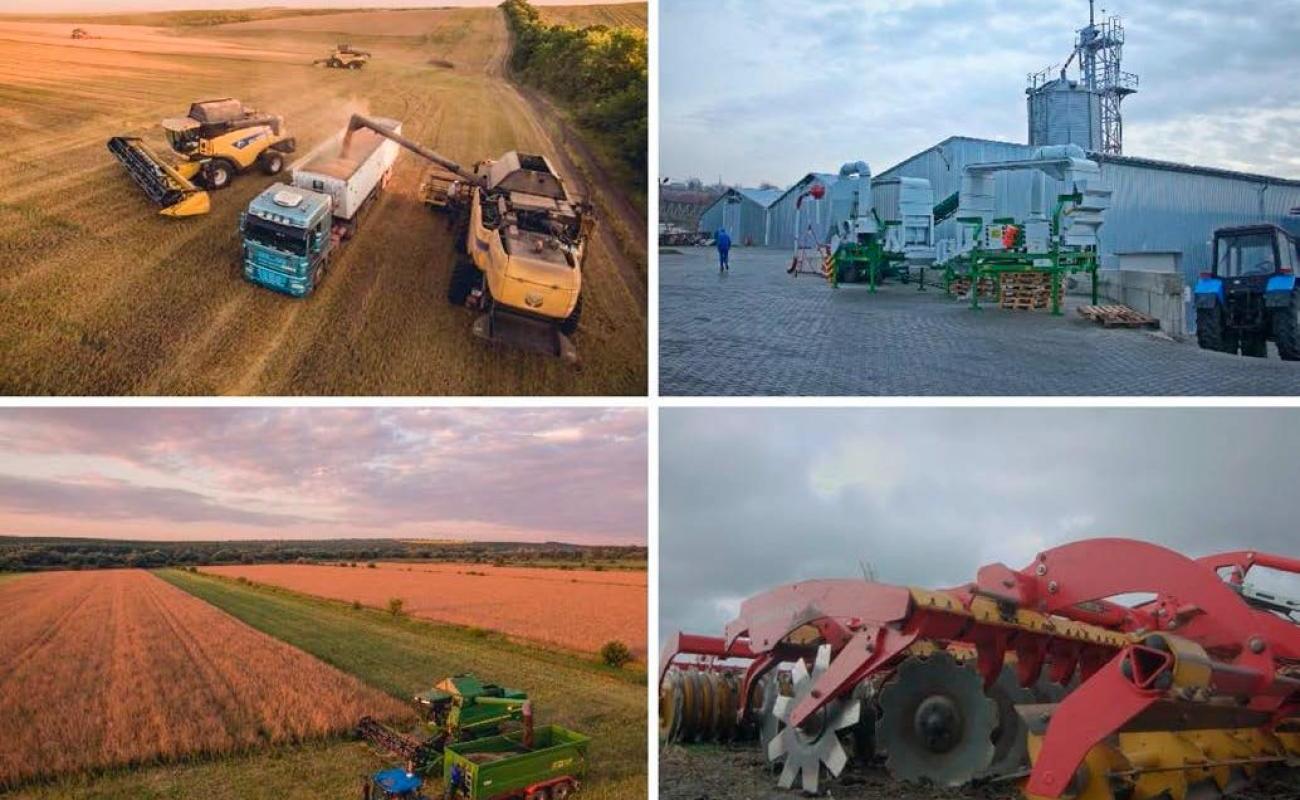EU SUPPORT TO AGRICULTURE, RURAL DEVELOPMENT AND FOOD SAFETY IN THE REPUBLIC OF MOLDOVA – IMPLEMENTATION IN PROGRESS
During June – July 2021, the Twinning Project “Further support to Agriculture, Rural Development and Food Safety in the Republic of Moldova” has implemented 12 teleworking and physical expert missions with the participation of altogether 26 international experts from Austria, Poland and Lithuania. Thus, in cooperation with the beneficiaries a number of tangible results were achieved.

In order to further support the Ministry of Agriculture, Regional Development and Environment (MARDE) in the development of the future National Strategy for Agriculture and Rural Development (NARDS 2030) the Twinning experts from Austria and Poland worked on the potential future NARDS intervention structure, which is mainly the matrix of the different programs and measures supposed to ensure the future successful NARDS implementation. Thus, the completeness and mutual links of programmes and measures under NARDS was confirmed. Also, the importance of integration of the existing programmes and measures under the NARDS objectives was shared and confirmed.
With another team, the Twinning project continued with the ex-ante evaluation of the NARDS 2030, part 2. They studied the already existing measures, the prepared and planned sector programs, the RD program, LEADER, Direct Payments, etc. with respect to consistency and potential impact on Agriculture and Rural Development in Moldova. The documents were also checked with respect to compliance with the EU guidelines for evaluation and answering the evaluation questions. Output is the supplemented ex ante evaluation report containing now two stages of the ex-ante evaluation including gathered information, conclusions and recommendations.
Together with the experts of the Agency for Intervention and Payments in Agriculture (AIPA), the application process of the ongoing call for applications for animal premiums was reviewed and recommendations were shared. 4 application cases were reviewed in detail and discussed with AIPA’s experts. Most importantly, the intended future fully electronic application process for animal premiums was reviewed and commented on. Recommendations on the future developments regarding animal premiums were provided.

Although it seems to be a very early stage for the implementation of area-based payments, the Twinning experts also worked on this subject, in particular on a road map to IACS, where IACS is the abbreviation for “Integrated Administration and Control System”. Thus, the current situation on IACS background in Moldova was analysed and interviews with potential stakeholders were performed. A draft of the IACS Roadmap was elaborated. This Road Map will not only describe the different IACS components but also propose working packages and milestones to achieve this one day. It is important to mention that the development and maintenance of a fully functional IACS system is a long-term strategic goal for Moldova.
A workshop on the “Implementation of quality marketing standards for poultry meat, eggs and official control” for stakeholders was organised where 38 participants from MARDE, ANSA, Territorial Subdivisions and involved Food Business Operators (FBOs) were trained. Lithuanian experience was shared and the organisation of official control in the area of quality marketing standard for poultry meat and eggs was provided.
The simulation of the official control in accordance with the EU veterinary, sanitary, hygiene, food safety and quality requirements in selected ice-cream establishment was carried out together with ANSA staff. Two training courses on the implementation of the EU regulation on official control for composite products with 53 participants were conducted for ANSA officials and involved FBOs.
The simulations of the official control were performed in selected egg packing centers, slaughterhouse and processing plant of poultry meat and 3 farms – producers of laying hens and broilers. Training for ANSA and Territorial Subdivisions officials on animal health and welfare control in farms for broilers and laying hens was conducted and recommendations for the improvement of the official control were provided.

Also, trainings on Monitoring Residue and sampling procedures for official control was organised. ANSA inspectors involved in residue control at central, local levels as well as those dealing with the import control participated in two training courses.
More Twinning contributions are highlighted on the Facebook page of the project:
